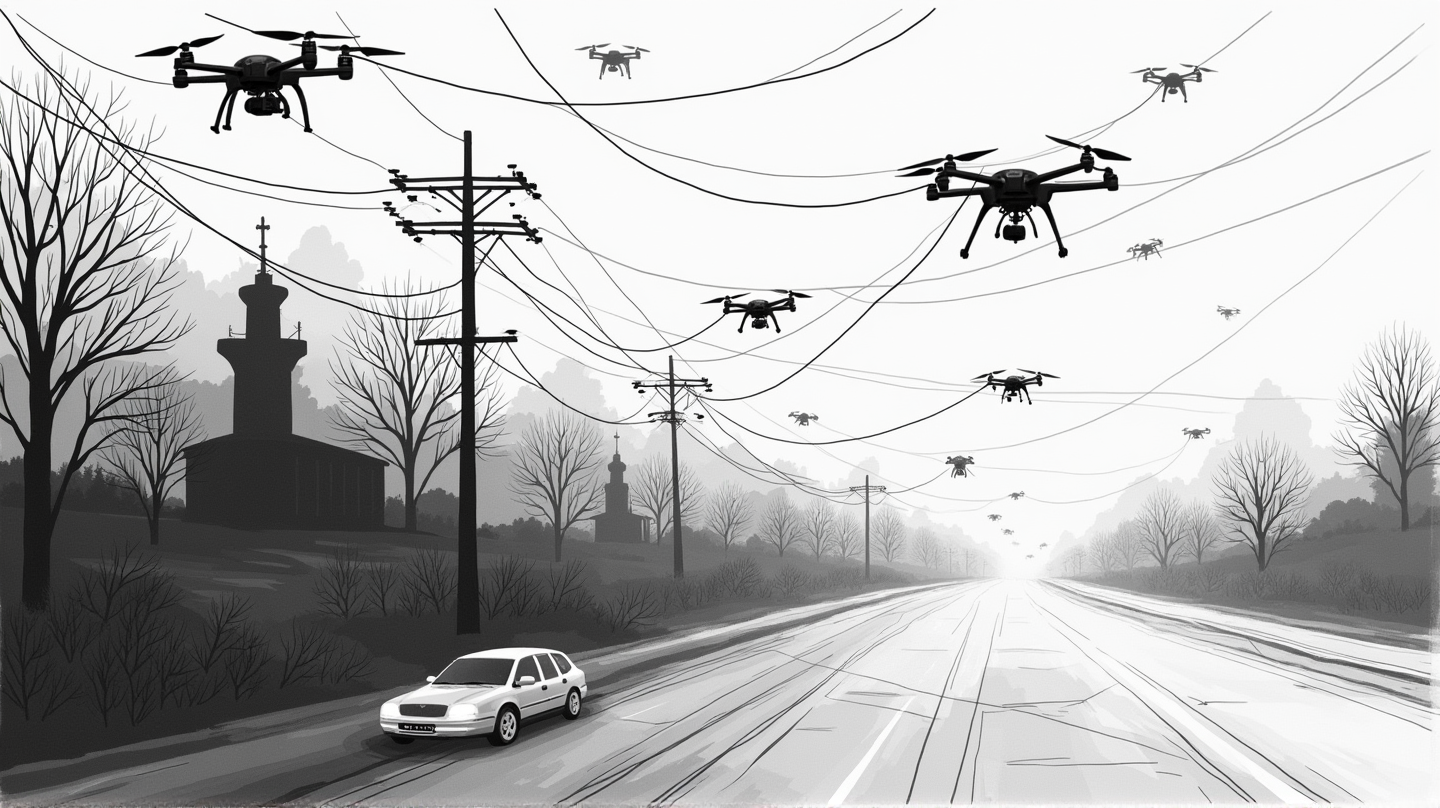Technology, while advancing humanitarian efforts and development, also harbors a more sinister side. The insidious nature of surveillance and the alarming pace of militarization in AI are becoming undeniable truths in our digital age. These trends pose ethical dilemmas that demand our attention, and understanding them is essential for safeguarding our freedoms and society.
Uncovering the Web of Global Surveillance
In a candid conversation with Esra’a Al Shafei, Bahraini civil rights activist and free-speech advocate, the complex network of global surveillance is laid bare. Her initiative, Surveillance Watch, provides an interactive platform exposing authoritative surveillance systems. The site’s aim is clear: to highlight how corporations and financial entities exploit international boundaries and sanctions in a chilling showcase of unchecked power. These organizations, according to Esra’a, trade on human rights violations as if they were just another product in their portfolio.
The Struggle Against Normalization
Esra’a emphasizes the critical need to resist the normalization of Orwellian surveillance. She calls for collective action to protect personal freedoms in an era where privacy seems almost outdated. Her efforts focus on bringing awareness and encouraging a global dialogue on how these clandestine operations influence everyday life in ways most are yet to comprehend.
Delving into Military AI
Mickey Huff, together with investigative journalist Peter Byrne, explores a new frontier of concern in their upcoming series, Military AI Watch. They scrutinize the disturbing militarization of AI technologies—a development that blurs the lines between innovation and warfare. This series promises to shed light on the corporates and entrepreneurs who profit from these military pursuits, intent on dominating new technological territories.
The Dark Fantasy: Reality Unveiled
Particularly chilling is Byrne’s exploration into the concept highlighted in “One Ring to Rule them All.” This narrative exposes those commanding the shadowy realms of defense technology and artificial intelligence, aiming for an unprecedented monopoly on power. The path to such technological dominion is paved with ethical quandaries that magnify the threats posed by these advancements.
Advocating for Change
With these burgeoning threats, both Esra’a Al Shafei and Peter Byrne call for urgent international discourse and potential policy reformations, aiming to curb overreach and initiate more responsible deployment of technology. Their revelations serve as a profound reminder: while technology holds the promise of progress, it also behooves us to watch through the eyes of caution and conscientiousness.
According to KPFA, the call for awareness and ethical engagement with these technologies becomes ever more pressing, urging individuals and policymakers alike to rethink and reshape the futures crafted by these powerful tools.
